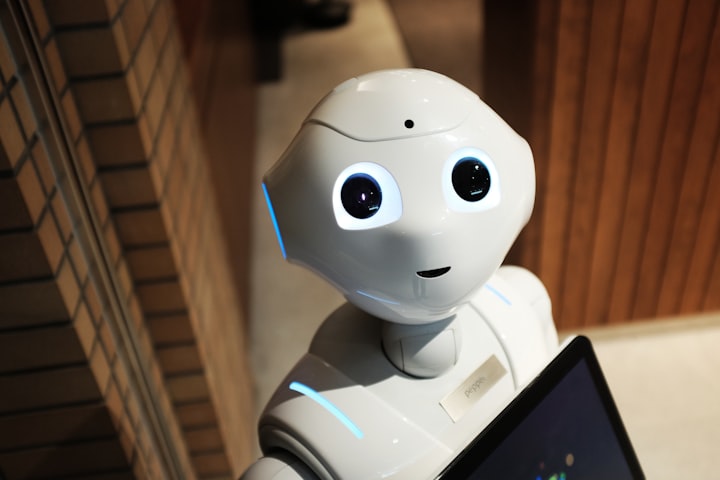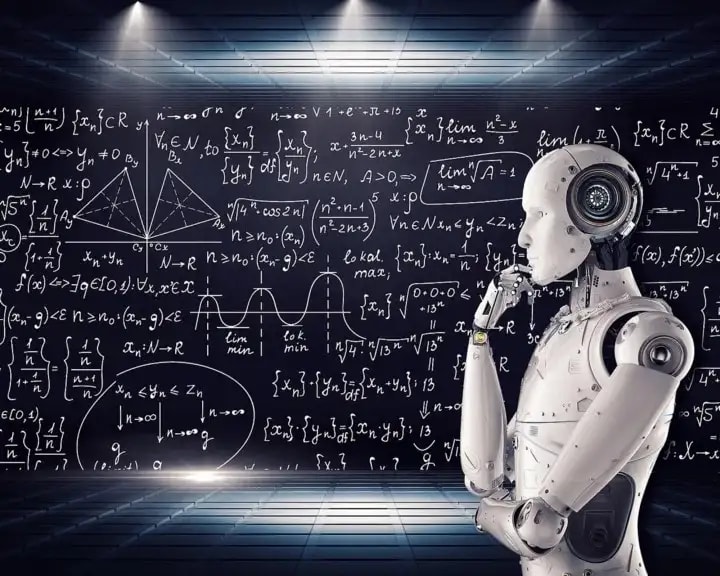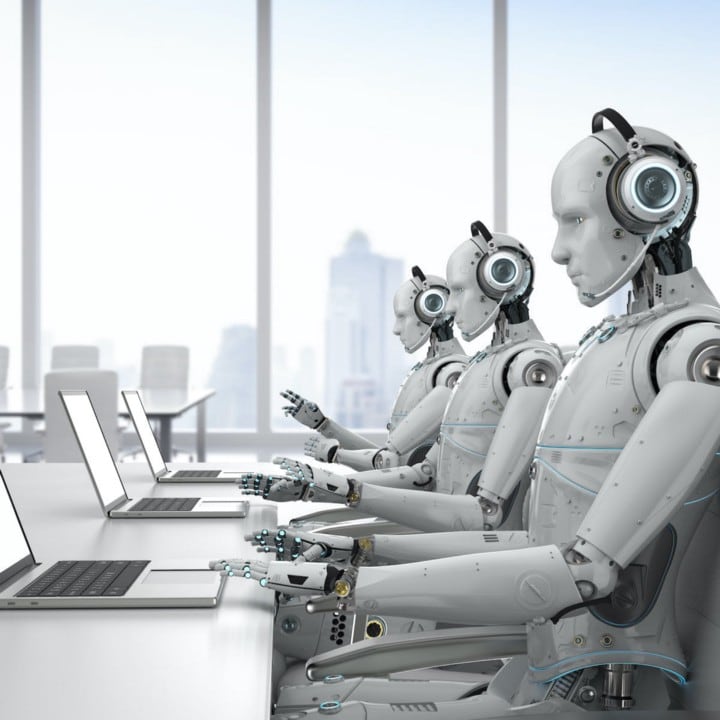How AI Can Be Next Working Man
With the advancement of technology AI is taking most of the work in this article we will see how AI can take over the jobs of a working class man

What is AI
Artificial Intelligence (AI) is focused on developing machines and computer systems that can perform tasks that usually require human intelligence.
This includes problem-solving, recognizing patterns, making decisions, reasoning, and learning.
AI technologies are increasingly used in many applications, such as robotics, healthcare, natural language processing, video gaming, and autonomous vehicles.
At its core, AI replicates certain functions historically attributed to human beings — most notably decision-making, logical reasoning, problem-solving, and learning. It relies heavily on algorithms and data analysis to provide valuable results.
Machine learning algorithms allow AI systems to become more intelligent by learning from past experience or analyzing existing data sets.
As AI becomes more widespread and influential, its applications will continue to expand into many new areas.
There are various levels of artificial intelligence: reactive machines which are designed to perform a single task like playing chess; limited memory, which incorporates prior experience.
Theory of mind which is designed to interpret behavior in humans or animals; self-awareness, where machines can create representations of their internal states; and general AI where devices demonstrate general intelligence across a range of cognitive tasks.
The development of artificial intelligence has been one of the major driving forces behind technological advancements in recent years.
With more businesses leveraging the power of AI to improve efficiency and productivity across all sectors, it is set to become an integral part of our everyday lives shortly.
AI In Workplaces

The introduction of Artificial Intelligence (AI) in the workforce is a significant step forward for humanity, bringing many benefits and challenges.
AI can automate mundane and repetitive tasks, which could help employees become more productive and efficient in their roles. It can also help businesses improve their customer service capabilities by providing personalized recommendations based on individual preferences and history.
At the same time, AI poses potential ethical dilemmas as businesses increasingly adopt AI technologies such as facial recognition. Additionally, there is concern that automation could lead to job displacement if specific jobs become redundant as a result of technological advancements.
To minimize this risk, businesses need to develop strategies that use both AI and human labor to get the best results from both.
As well as reducing labor costs, businesses may utilize AI because it can improve employee safety by carrying out dangerous tasks instead of people.
Similarly, it may also increase quality control due to its accuracy in data analysis and faster speed of processing information than humans can do alone.
Overall, while using AI in workplaces presents a range of potential risks and rewards, businesses should carefully consider these before moving ahead with any adoption plans.
Doing so will ensure that they are fully aware of all possible implications while maximizing their investments in technology and personnel.
How AI Can Takeover The Jobs

The world is rapidly evolving, and so is the way we do business. One of the most disruptive advances in modern times has been the introduction of Artificial Intelligence (AI) into various industries.
While this advancement has opened up numerous opportunities, it can also have drawbacks. In particular, AI can reduce jobs in specific sectors as it becomes increasingly efficient and reliable.
At its core, AI technology is designed to automate processes typically done manually or with minimal assistance from machines.
This automation can allow companies to save money by reducing the number of workers needed to carry out those tasks.
For example, AI chatbots can handle customer service requests and take orders more quickly and accurately than humans, reducing the need for human agents. Similarly, automated robots often assemble products, eliminating or drastically reducing manual labor.
Additionally, AI allows machines to become increasingly self-reliant and make decisions independently without relying on a human operator. This means there is no need for employees who oversee these operations as AI can manage them.
Ultimately, these cost savings mean fewer employees are needed in various sectors ranging from manufacturing to finance.
Finally, advances in machine learning are making AI even more innovative and more efficient at handling complex tasks with fewer errors than before.
With its ability to constantly learn from experience, many operations previously done by people could eventually be taken over entirely by AI-driven systems that run independently without requiring input from a human operator.
In conclusion, while AI has tremendous potential for streamlining businesses and creating new opportunities for employment growth in different areas, it can also lead to job losses if specific tasks are automated or replaced with an AI system completely.
Therefore, it is essential for businesses and governments alike to ensure that any transition involving automation happens responsibly, with due consideration given to preserving existing jobs wherever possible
About the Creator
Hamza Shafiq
Writer love to inspire the world through my content. I am a Business Man Influencer Historian and Adventurous person follow me to learn more about history facts and knowledge
Enjoyed the story? Support the Creator.
Subscribe for free to receive all their stories in your feed. You could also pledge your support or give them a one-off tip, letting them know you appreciate their work.






Comments
There are no comments for this story
Be the first to respond and start the conversation.